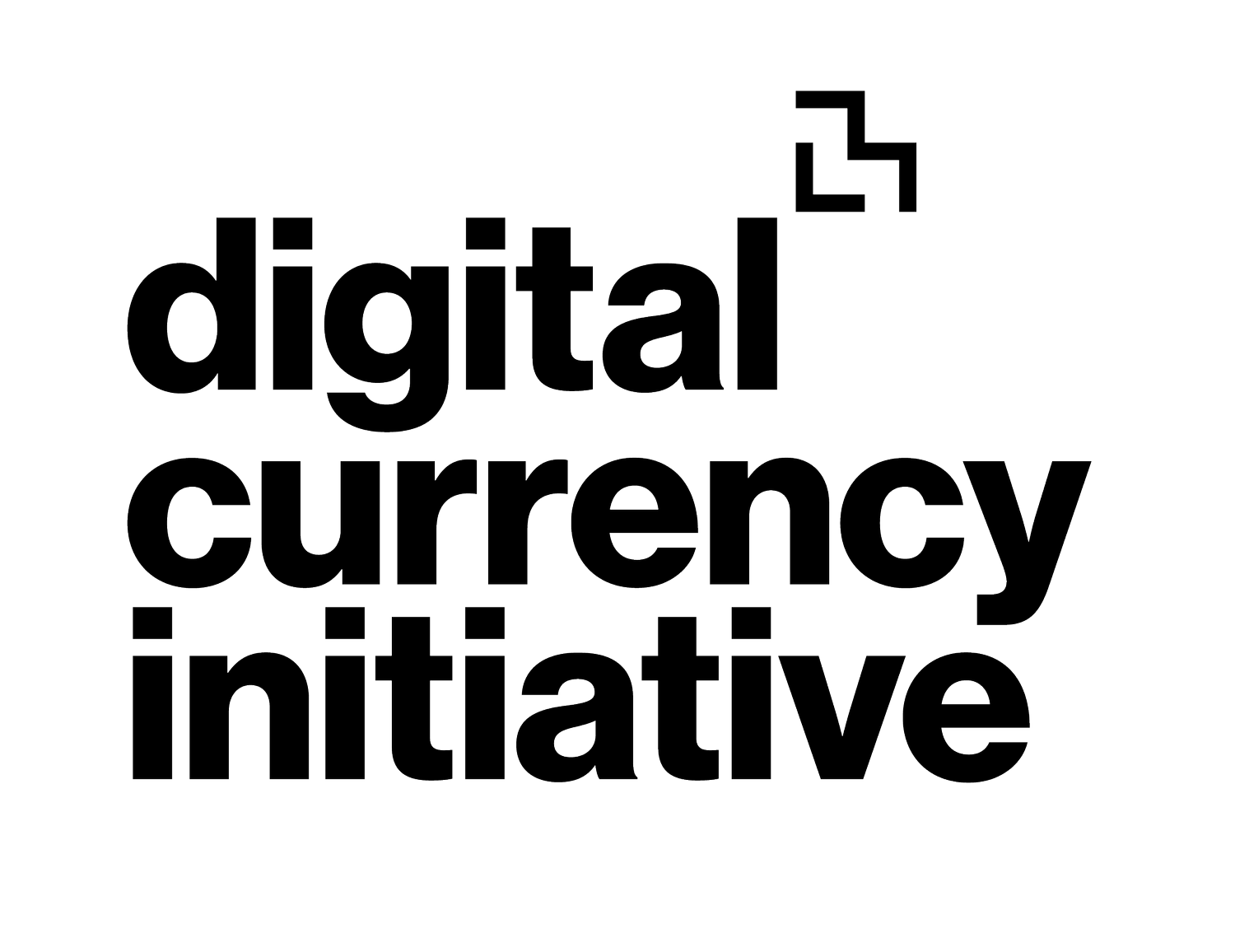A Working Group's Paper: 'A Model for Genetic Data Exchange and Sovereignty' by the BCG Healthcare Applications Working Group (2018-2019)
A Model for Genetic Data Exchange and Sovereignty
Digital Currency Initiative, Healthcare Working Group
Media Lab, Massachusetts Institute of Technology
Member Company: Boston Consulting Group (BCG)
Project Group: Healthcare Applications
By: Ajeet Singh, MPH - Harvard University, T.H. Chan School of Public Health, Boston, MA . Stephanie MacConnell - Massachusetts Institute of Technology, Sloan School of Business, Cambridge, MA . Nick Hong - Massachusetts Institute of Technology, Sloan School of Business, Cambridge, MA . Mayank Aranke, MPH - Harvard University, T.H. Chan School of Public Health, Boston, MA . Connery Noble - Massachusetts Institute of Technology, Sloan School of Business, Cambridge, MA .
Researched and produced with generous guidance from Michael Casey, Gary Gensler, and Andy Lippman of the Digital Currency Initiative and MIT Sloan School of Business.
Executive Summary
Over the past decade, significant breakthroughs in DNA sequencing have accelerated our capacity for genetic research and created new disciplines of precision medicine, promising a generation of novel therapies for previously incurable ailments. However, with an influx of vast amounts of genetic data, another challenge arose: the problem of data stewardship and governance. As of today, an individual who has their DNA analyzed through consumer-focused products like 23andMe or Ancestry.com, or through their personal healthcare provider has no promise of knowing where the genetic data goes or how it will be used. This historical lack of transparency has had cascading consequences across the industry- from disincentivizing participation in programs that would benefit from sharing genetic or health data, to driving a profound lack of genetic diversity in clinical trials. We believe that a blockchain tool, leveraging non-fungible tokens, can enable a degree of transparency and traceability to allow individuals to become informed stewards of their own genetic data. By doing so, we strive to build guardrails for privacy and security around the exchange of genetic data, thereby regaining the trust of participants, and encouraging our community to drive a thriving genetic data marketplace for the greater good of society.
